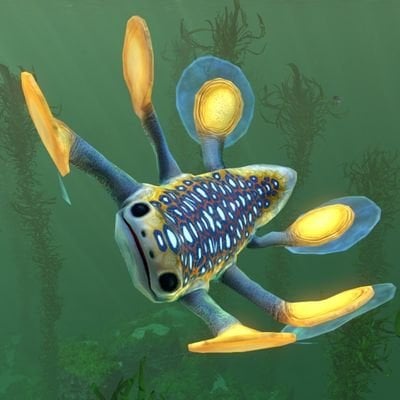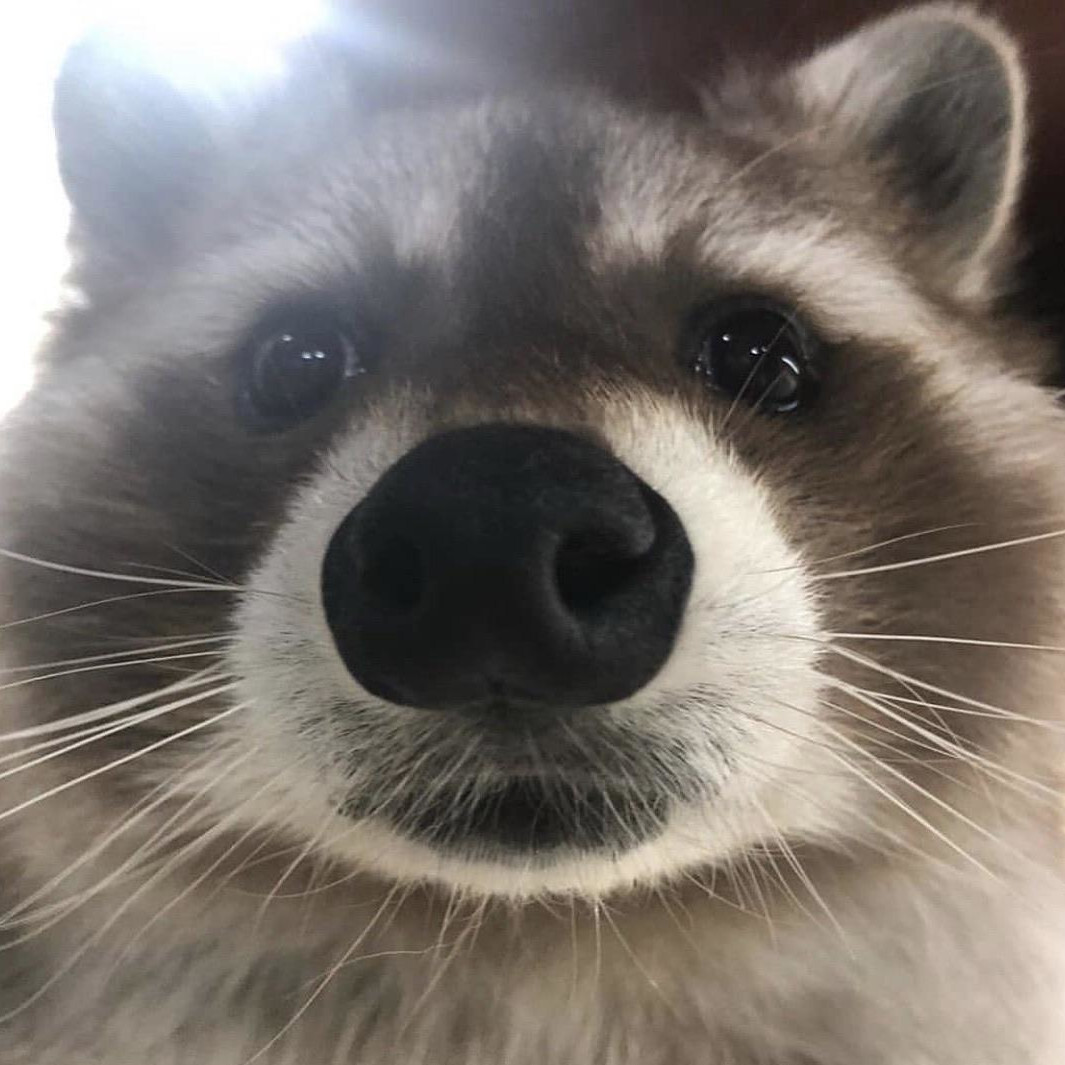The question that everyone has been dying to know has been answered. Finally! What will scientists study next?
How about 4 monkeys in parallel?
Yes, and add an Agile framework. Extreme Monkey typing.
What about monkey AI to get ahead using lower paid monkeys?
Switch to AMD. More monkeys.
Ignoring the obvious flaw of throwing out the importance of infinity here, they would be exceedingly unlikely but technically not unable. A random occurrence is just as likely to happen on try number 1 as it is on try number 10 billion. It doesn’t become any more or less likely as iterations occur. This is an all too common failure of understanding how probabilities work.
I get annoyed when websites say something like, ´Using a password of this strength will take a a hacker one million years to brute force.´
No, it’ll take a million years to try every combination and permutation of allowed characters. Chances are your password will be tried much sooner than that.
When they say such things, the are probably talking about the expected value, where those chances are taken into account, just like the number calculated in this article.
deleted by creator
And apparently
monkeyis only the 6th password attempt to try:https://en.m.wikipedia.org/w/index.php?title=List_of_the_most_common_passwords&action=edit§ion=3
The results reveal that it is possible (around a 5% chance) for a single chimp to type the word “bananas” in its own lifetime.
That sounds a little low to me. B and N are right next to each other, so I’d expect them to mash left and right among similar keys a lot of the time. Then again, I think we’re expecting some randomness here, not an actual chimp at a typewriter, but that’s probably more likely to reproduce longer works than an actual chimp.
But… we already did it?
Not with a typewriter, though.
I would place money on some enthusiast somewhere having typed up Hamlet on a typewriter just for kicks. Surely in the hundreds of years of overlap between humanity, Hamlet, and typewriters, it’s happened once. I’d be more concerned with typos.
Strong entry for an Ig Nobel Prize if nothing else.
As such, we have to conclude that Shakespeare himself inadvertently provided the answer as to whether monkey labour could meaningfully be a replacement for human endeavour as a source of scholarship or creativity. To quote Hamlet, Act 3, Scene 3, Line 87: “No”.
To quote Hamlet, Act 3, Scene 3, Line 87: “No”.
Stealing this to be annoying with
I prefer Romeo and Juliet, act 1 scene 1 line 41. Just because the exchange is so silly.
Their assumptions must be wrong. They do not account for the most basic principle of the universe, “the show must go on.”
Lifetime of the universe is infinitely less than infinite time. So they solved for the wrong problem. Of course it may take longer than the life of the universe, or it may happen in a year. That’s the whole point of the concepts of infinity and true randomness. Once you put a limit on time or a restriction on randomness, then the thought experiment is broken. You’ve totally changed the equation.
Yeah, that’s why we need at least… two of them.
the paper used the entire population (200 thousand) and would take some 10 ^ 10 ^ 7 heat deaths of the universe
ok so the monkeys need to type faster
And we need more of them!
Let’s put them in open spaces in offices and micro-mananage then, that’ll work.
We could breed monkeys to much higher populations.
If we’re considering even chimps “monkeys”, there’s already eight billion of them, I think that’s enough.
enough to cut a few zeros of a number with 10 million of them
It could happen the very first time a monkey sat down at a typewriter. It’s just very unlikely.
from the wiki article
https://en.wikipedia.org/wiki/Infinite_monkey_theoremIf there were as many monkeys as there are atoms in the observable universe typing extremely fast for trillions of times the life of the universe, the probability of the monkeys replicating even a single page of Shakespeare is unfathomably small.
So you’re telling me… there’s a chance!
Sorry, I’m sort of lampooning comments like the one above and below you where people just can’t resist focusing on the possibility, no matter how ridiculously remote it seems. For myself, there’s a point of “functionally zero odds” that I’m willing to accept and move on with my life.
… the probability of the monkeys replicating even a single page of Shakespeare is unfathomably small.
But not zero.
Basically nothing is ever truly zero
I am.
Hello “Zero”!
The probability of lots of things is zero. The probability of a monkey typing a Chinese character on an English keyboard is zero.
Similar idea: there are an infinite amount of numbers between zero and one, but none of those numbers is two.
Someone wiser than me already said that it already has happened: 1 ape did, in fact, write the complete works of Shakespeare.
ape != monkey
So you’re saying there’s a chance.
Weird how neither of those numbers are infinities. Almost like the numbers used are unfathomably small in comparison.
so you’re saying there’s a chance…
Irrelevant. The heat death of the universe is a constraint unrelated to the premise of the original problem.
I don’t think it’s a constraint, it’s more like a measuring stick to try to show how ridiculously long that time is
It’s really not that long, if we can’t get monkeys to write Shakespeare.
I feel like there has to be more to this problem than pure probability. We ought to consider practical nuances like the tendency to randomly mash keys that are closer together rather than assume a uniform distribution.
Doesn’t matter in the real infinite monkeys thought experiment. The chance of an infinite number of monkeys at an infinite number of typewriters producing Shakespeare is 100%. That’s how infinity works.
Sure, but this time I thought these things might matter because the article gives a deadline - the end of the universe.
This article fundamentally misunderstands the entire thought experiment by using finite monkeys. With infinite monkeys, we’d have the script as quickly as it is physically possible to type the script.
Who are you, who is so wise in the ways of science?
And coffee breaks… or banana breaks… and unions!
Use infinite monkeys.
This is clownery, humanity is infinite monkeys, and we wrote Hamlet ages ago.
Are they arguing it wasn’t random though? I mean Shakespeare had to think through the plot and everything, not just scribble nonsense on a page
The thought experiment suggests that over a long enough period of time, every possible combination of letters would be typed out on a keyboard, including Hamlet.
They are not arguing about randomness, as it is inherent to the thought experiment. Randomness is necessary for the experiment to occur.
They are arguing that the universe would be dead before the time criteria is met. It is a bitter and sarcastic conclusion to the thought experiment, and is supposed to be funny.
In conversation, it would be delivered like this:
“You know, over a long enough period of time, monkeys smashing typewriters randomly would eventually produce Hamlet”
“The universe isn’t going to last that long.”
Nobody asked but I had to share this
It’s important to me that everyone understands the joke, even if that understanding robs them of the joy of it. “Explaining a joke is like dissecting a frog. It kills it”.
But it’s important because I suffered a lot of being left out as a kid. Others found how good it felt to be exclusive, and shoulder me out of things, or refuse to explain things, or whatever it was that made me the outcast. I could tell from their faces that they love the way it felt when they did that to me. But it hurt me a lot.
I don’t want there to be any exclusivity anymore. Nobody deserves that pain. I want everyone to understand the joke, even if that prevents them from ever laughing at it.
Everyone keeps forgetting that we’re all just what monkeys evolved into…
Actually, both monkeys and us are what our common ancestors evolved into. Which was neither a human nor a monkey.
This must be a very important question to whoever keeps funding these studies.
Let’s use our braincells to fix real problems first. Like pants that don’t stretch.
The theorem holds true. The theorem states that the monkey has infinite time, not just the lifetime of our universe.
That’s just lazy science to change the conditions to make sensational headlines. Bad scientists!
This just in: scientists disprove validity of thought experiment; philosophers remain concerned that they’ve missed the point.
The universe is the cage and we are the monkeys. We have already written Hamlet.
Infinite time is undefined though. We are not sure there was time before the Big Bang. Before anyone says “but there must have been,” consider that it’s just as paradoxical and mind blowing to imagine that time never had a beginning and just stretches infinitely into the past. How can that be so? It means it would have taken an infinite amount of time for us to reach this moment in time, and that means we never would have.
Infinite time is perfectly defined, it just doesn’t exist in our universe
deleted by creator
I think the implications behind there being infinite time in the past are fun if you assume that the universe works like a stochastic state machine. It means that either every finite event that has happened and will happen has already happened an infinite number of times or the universe is infinitely large.
Why must the concept of time before the big bang (or after our heat death) exist in our physical reality for us to speculate about theoretical infinities past those? The thought experiment is about infinite time, not all the time in our limited universe. A lot of things happen at infinity that break down as soon as you add a limit, but we’re not talking limits when we’re talking infinity.
the monkey has infinite time
Use an infinite number of monkeys instead?
It also makes a pretty bold claim about us actually knowing the lifespan of the universe.
How are they defining the end of the universe?
The universe is believed to end just a few nanoseconds before a monkey finishes writing Hamlet.
Heat death would be my assumption, so between about 10^100 and 10^106 years
We know such an infinitesimally small amount about what is actually happening in the universe that any claims to be capable of predicting it’s end are patently absurd.
Probably very shortly after dinner has been served at that restaurant.
I think that was just a galaxy, not the whole universe.
You mean the Restaurant at the End of the Universe?
Hmm… i sit corrected.
But what does the Lord think about this?
That’s not bold, we’ve known how long the universe will last for decades now.
Just because someone tells you something, doesn’t mean they actually know what they’re talking about. fyi
When multiple fields of science all agree, yeah they know what they’re talking about.
I just don’t get these anti-science types…
Maybe it’s becaue scientists have very poor imagination of the universe.















